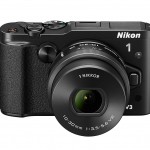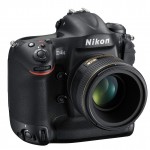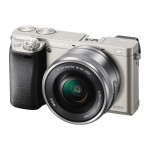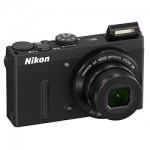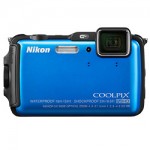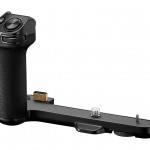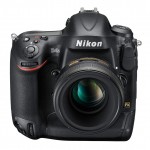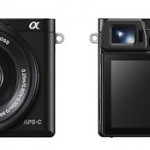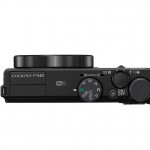Good-day,
I previously posted in the Digital Cameras- General forum the following message (the original thread is in the forum under the title "Research Camera").
For those of you not inclined to reading the entire quote below, I have summarised my main points following the quote.
Previous Post:
Research Camera
--------------------------------------------------------------------------------
Good-day,
I am currently designing a research system in which I will be taking B&W profile pictures (i.e., side-on, still-image, digital) of stationary, molten magnesium droplets around 3-10 mm (~0.1-0.4 in) in diameter, with heights that should range around 1-5 mm (~0.04-0.2 in) (these are only preliminary numbers, and, as such, there could be some variations outside the ranges given).
The droplets I will be imaging will be immersed in a molten salt electrolyte (the electrolyte is relatively transparent), in a transparent crucible, with the pictures taken through a window located in the side of a cylindrical furnace
One of my requirements is to obtain a relatively sharp image of the drop profile, as I am currently looking at using image analysis software to determine the drop outline in the pictures taken.
The lighting currently comes mostly from standard ceiling fluorescent lights currently present in the lab, with the only other source of light (at the moment) being the furnace elements which encircle the crucible (emitting a soft orange glow) (Note: the magnesium droplets do NOT glow like other molten metals, but, rather, are somewhat dull grey in appearance).
The only other desire is that the camera be relatively inexpensive (i.e., I can sacrifice some image quality for lower cost, so long as the image is still somewhat clear).
As I am rather new to digital cameras, I am looking for some input as to a suitable specific digital camera or more general specifications that I would be looking for. In addition, beneficial suggested modifications to the current set-up (i.e., an additional light source to further illuminate the system in study if that would help) would be appreciated if anybody can think of any.
If any additional information is required, feel free to ask.
Thank you all for your time and assistance.
__________________
"Don't take life too seriously; you'll never get out alive"
- Bugs Bunny
Main Points (and some new ones):
i.) I will be taking pictures of stationary droplets around 3-10 mm (~0.1-0.4 in) in diameter, with heights that should range around 1-5 mm (~0.04-0.2 in), and require relatively sharp images so they can be analysed with image analysis software.
ii.) My maximum desired expenditure for the entire camera system (i.e., lenses, camera, memory cards, etc.) is around CAD$3500-4000 (US$2600-3000).
ii.) Photo-John was helpful in suggesting the following 5 cameras:
Nikon D70
Nikon D100
Canon Digital Rebel
Canon EOS 10D
Pentax *ist D
and in putting my on track looking at digital SLR cameras.
iii.) Light is not really a deciding factor in selecting the camera or lenses, as I am in a lab setting and can control the amount of light (i.e., buying a cheap light, turning lights off, etc.).
iv.) The camera will esentially be used entirely on a tripod or another stable setting (i.e., I will generally not be holding it in my hands, though that is possible, and, as such, I would like at least somewhat good performance in that type of situation).
v.) Neither I nor anyone I work with is in the photography business or hobby, nor does anyone have any real experience with cameras beyond that of "average person photography" (i.e., point and shoot).
In addition, it seems as though it might be easier to look at lenses first (I also need a lot of help in this area, such as types/examples of suitable macro lenses), then choose the camera based on the company of the chosen lense type, as lenses will at least remain useful, even if the camera body changes (as long as the mounts are similar/the same); I was wondering if this is a good approach?
There might be some more for me to say, but I have to go watch a leaching operation for someone and I'm on a shared computer...Any questions (requests for further informations) and suggestions are greatly appreciated.
Thank you for your time and assistance.
Auf wiedersehen,
James




 LinkBack URL
LinkBack URL About LinkBacks
About LinkBacks



 Reply With Quote
Reply With Quote
